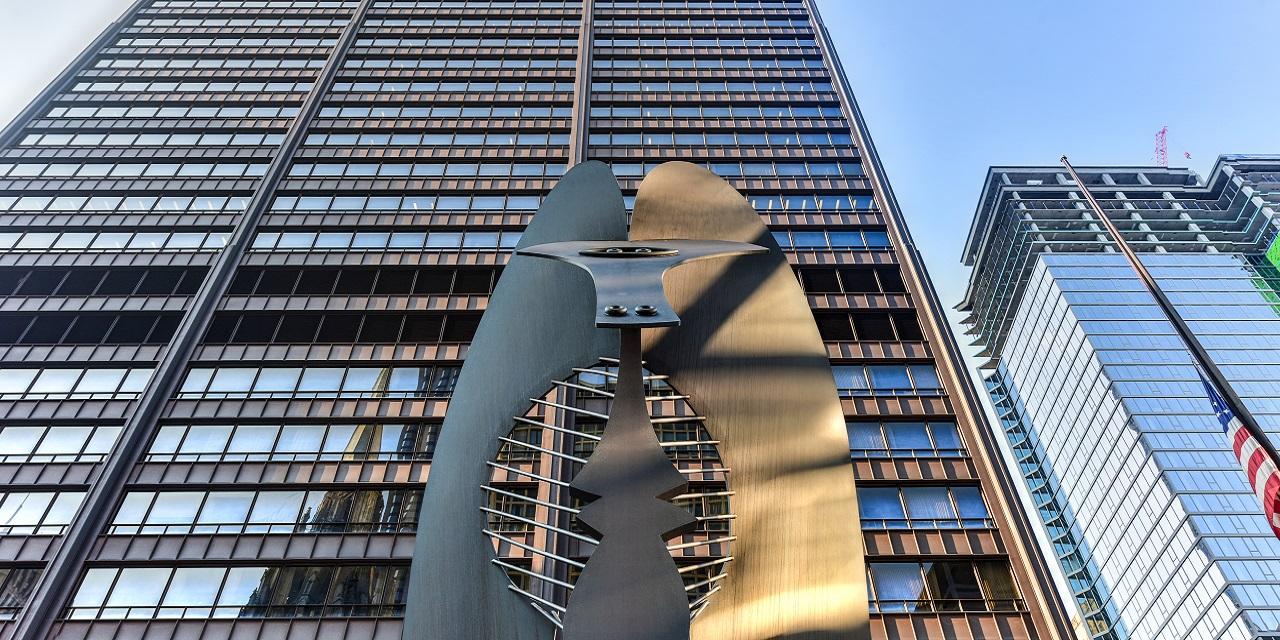Cook County has launched what a judge has called an “unprecedented” and “chilling” attempt to force an industry group and six supermarket companies who challenged the county’s new so-called “pop tax” to potentially pay the county at least $17 million for suing and securing a restraining order which delayed the implantation of the tax by nearly a month.
On Aug. 1, lawyers for the county filed a petition on behalf of the county’s Revenue Department, asking the court to award the county damages for the tax collections missed while the judge determined whether the tax was legal and constitutional.
In a discussion before the bench concerning that petition on Aug. 1, Cook County Circuit Judge Daniel Kubasiak said he was giving the county two weeks to come up with prior court cases and decisions that would give the county any kind of legal leg to stand on to demand such a response to the legal challenge brought by taxpaying business owners and their representatives.
“Now, I've reviewed as best as I can in the short amount of time that this matter was presented to me, the cases that are on point somewhere here, the cases that I could find. I could find no such case of a governmental body suing a taxpayer who had challenged a tax. I can tell you that I am troubled by this, the chilling effect of the government saying that you best not challenge us because if you are proven wrong we will come and get damages from you,” Judge Kubasiak said during the Aug. 1 hearing, according to a transcript of the proceedings obtained by The Cook County Record.
Speaking to the county’s attorney, the judge added: “… I would like to find any argument that you can make that will support the notion that a taxing body can sue for damages if, in fact, a party asserts their rights under the Constitution to challenge that tax and then is ultimately dismissed.”
The judge gave the county until Aug. 15 to file a memorandum with the relevant case law to back their assertion they are owed money from the grocers and the Illinois Retail Merchants Association, which brought the legal challenge to the court.
Late last year, the Democratic-controlled Cook County Board, at the urging of Cook County Board President Toni Preckwinkle, had enacted the ordinance establishing the tax, saying the tax would both discourage consumption of sweetened beverages, such as soda, thus improving public health, while helping the county government close a budget hole, by raising as much as $200 million in new revenue.
The tax would apply to sweetened beverages, including regular and diet soda, as well as sweetened tea and coffee beverages, among many others. The tax would apply to those sold in bottles and cans, as well as fountain beverages and other drinks sold in non-pre-measured containers. However, the tax would not be applied to made-to-order sweetened beverages, such as those made by a barista at Starbucks or other similar shops.
In late June, IRMA and the grocers – including the operators of Berkot’s Super Foods; Fairplay Foods; Food Market La Chiquita; Tony’s Fresh Market; and Walt’s Food Centers – filed suit in Cook County Circuit Court, asking the court to bar the county from collecting its 1 cent per ounce tax on sweetened beverages sold in the county.
The retailers argued the the ordinance was poorly written, leaving businesses attempting to collect the tax at grave risk of running afoul of federal food stamp rules and of being sued, in addition to potentially being fined by the county for not collecting the proper amount of taxes.
Kubasiak initially granted a temporary restraining order, delaying enforcement of the tax.
On July 28, however, the judge lifted the TRO, saying he believed the ordinance was, in fact, constitutional.
The retailers have appealed that decision.
However, in the meantime, the county has launched an effort to force the grocers and IRMA to pay them back - potentially as much as $17 million, which is the amount they believed the county would have collected had collection of the beverage tax not been blocked for a month.
In statements on July 28, Preckwinkle said the lost revenue forced her to lay off hundreds of county workers and could force other cuts.
The judge, however, indicated he was skeptical of the county’s gambit.
The judge indicated he believed the restraining order was appropriate, given the concerns expressed by the retailers and the county’s failure to present “a reasonable plan” to refund any collected tax money, should the tax be struck down.
“The mere fact that the County is prepared to put this into a protest fund was nice but it was woefully insufficient to address how the monies might have been refunded,” the judge said. “I think the TRO was not only appropriate but was necessary.”
He also brushed aside the county attorney’s attempt to pin the blame for the mess on the decision by the retailers to wait to file suit until days before the tax was to take effect, noting the county also agreed to continue proceedings until at least mid-July.
Further, he noted, a state appeals panel also didn’t overturn the TRO when the county appealed Kubasiak’s initial approval of the restraining order.
“There's nothing in the Code of Civil Procedure that says that a party needs to file at any particular time,” the judge said. “They have a right to file any time.”
